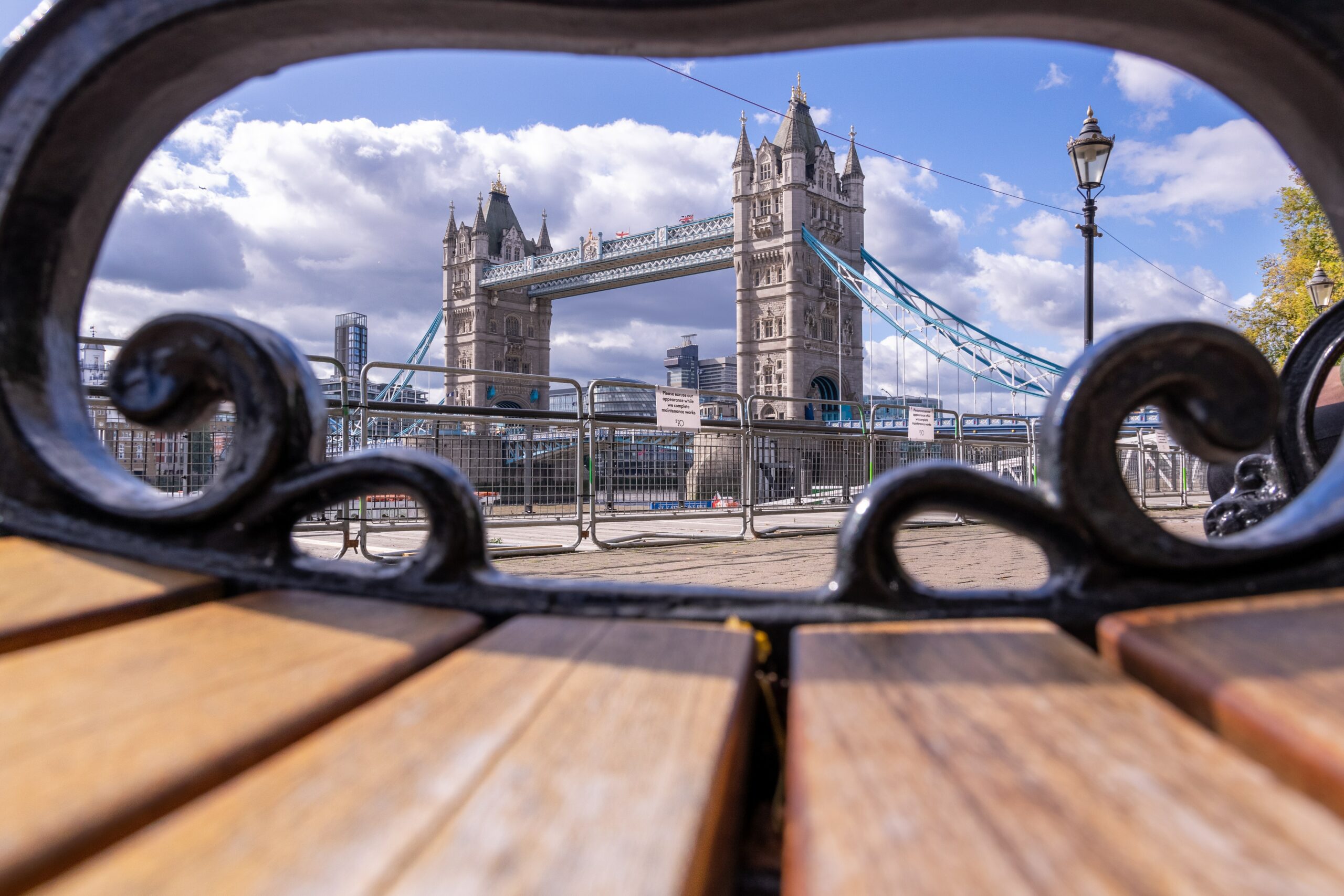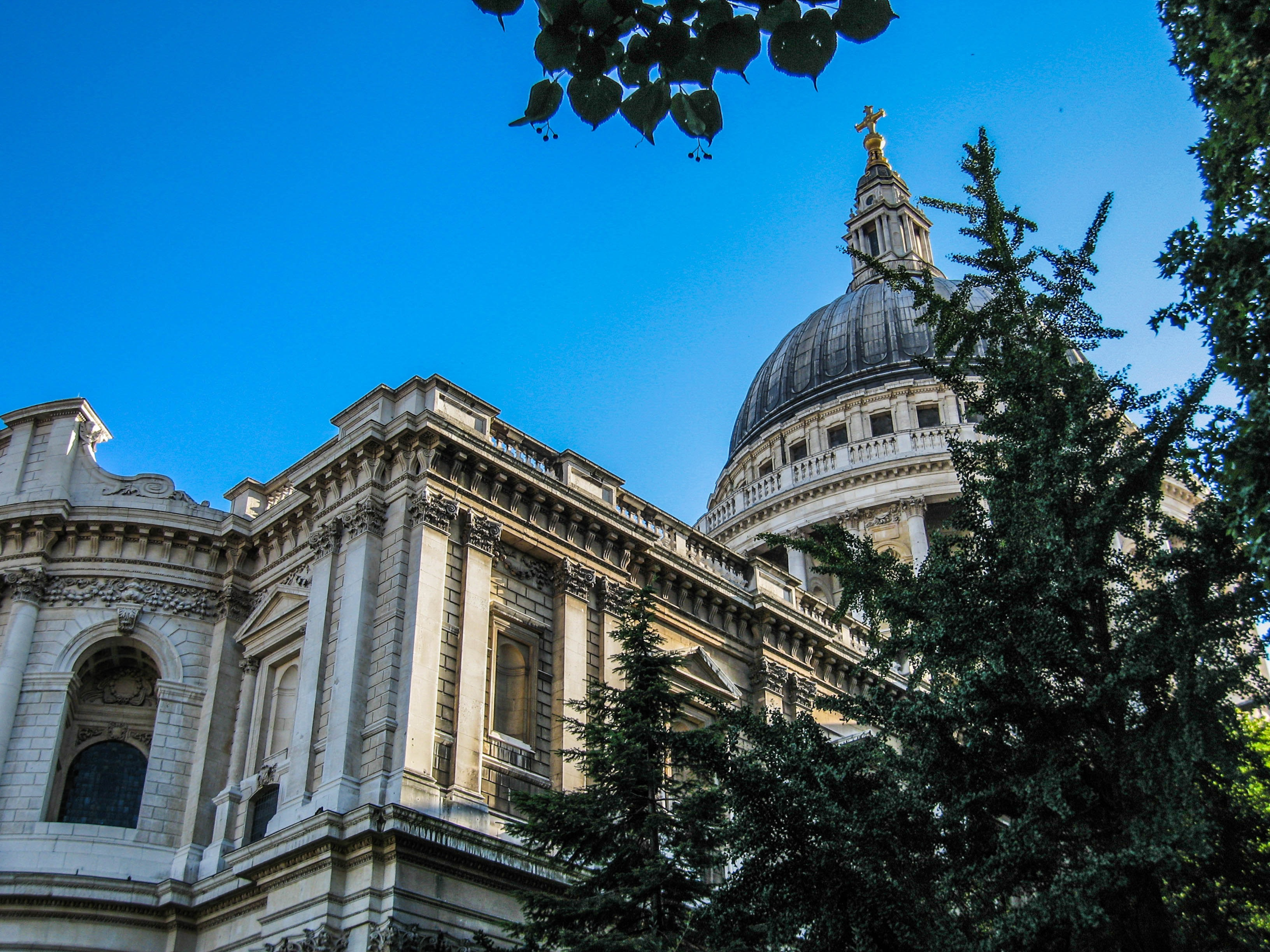UK Culture and Lifestyle Native to the Country

Historically Christian religious life, its interaction with the cultures of Europe, the traditions of England, Wales, Scotland, and Ireland, and the impact of the British Empire are some of the factors that have contributed to the formation of the UK Culture and Lifestyle.
Other factors that have had an effect on British culture include: Although there is such a thing as "British culture," the cultures of England, Scotland, Wales, and Northern Ireland are distinct from one another and share varying degrees of similarities while also retaining their own identities to varying degrees.
Language
The English language was first used in early medieval England, and now it serves as the de facto official language of the United Kingdom. An estimated 95% of the population of the United Kingdom is monolingual in the English language. In addition to English and Welsh, the British government officially recognizes seven more languages.
The Welsh Language Act of 1993 and the Government of Wales Act of 1998 both stipulate that the Welsh and English languages should be treated equally in the public sector, to the extent that this is both reasonable and practicable.
Regional Accents British History
There is a significant amount of linguistic diversity not only across the four countries that make up the United Kingdom but also within each of those countries itself. This is due, in part, to the lengthy process of immigration that has taken place in the UK; for instance, Northern English dialects have adopted a great number of words with roots in Old Norse.
It is common knowledge that the United Kingdom is home to a wide variety of regional dialects and accents, even in close proximity to one another. For instance, despite the fact that Liverpool and Manchester are only 35 miles (56 kilometers) apart, the Scouse and Mancunian accents of the two cities are very different from one another. There are several examples of dialect English in published works of literature, such as "Literature".
Arts in British Society

The literary traditions of England, Scotland, and Wales were passed down to the United Kingdom as an inheritance. These include the works of English authors Geoffrey Chaucer and William Shakespeare, as well as works written in Scotland, such as John Barbour's The Brus.
Other examples include Norse literature that influenced Old English literature, Arthurian literature with Welsh roots, Old English literature influenced by Norse mythology, and Old English literature written in Old English british tradition royal family.
Theatre
Since the country's founding in 1707, the United Kingdom has been home to a thriving theatrical heritage, the majority of which can be traced back to England, Scotland, and Wales. The Union of the Crowns occurred at the same time as the collapse of highbrow and confrontational Restoration comedy in favor of emotional comedy, home tragedy such as George Lillo's The London Merchant (1731), and an overwhelming interest in Italian opera. These trends all occurred simultaneously, british isles british food.
It was around this time that fair-booth burlesque and mixed forms, which are the predecessors of the English music hall, were extremely popular forms of entertainment, making them more prominent than they had ever been before. Other types of English drama, on the other hand, went through a protracted period of decline as these forms flourished and gained popularity.
In Scotland, on the other hand, the opposite took place, and particularly Scottish plays, such as those written by Douglas and John Home, came into existence. The early part of the twentieth century was dominated by drawing-room plays written by authors such as Noel Coward, british traditions british architecture.
Music
Classical music[edit]The Grenadier Guardsband is currently performing "The British Grenadiers" at the battle of the ceremony of Trooping the color. The band was established in 1685, and it has since been performing at various British ceremonial events.
Continental fashions had a significant impact on the development of British baroque music. This is demonstrated by George Frideric Handel, a naturalized British citizen who was born in Germany and whose choral music influenced the taste of the British public for the subsequent two centuries. Additionally, as a result of his operas, Britain was able to compete with Italy as a center for the creation of opera. The Birmingham Triennial Music Festival was established in 1784 and ran continuously until 1912, making it the classical music festival that lasted the longest until it was discontinued. This festival was responsible for bringing a lot of attention to classical music, british people in cultural differences.
In addition to this, the founding of the London Philharmonic Society in 1813, the Royal Academy of Music in 1822, and the Irish Academy of Music in 1848 were all significant events that contributed to the professionalization of British classical music and the patronage of composers. The Philharmonic Society was a fervent admirer of the early Romantic composer Felix Mendelssohn, who was also a significant impact on the music of Britain. Mendelssohn was born in Germany.
British Culture and Northern Ireland
John Field, a composer from Ireland, is credited with inventing the nocturne and may have been an inspiration for Chopin and Liszt. The revival of operas performed in the English language and the founding of eminent orchestras were two noteworthy developments that occurred during the middle to late stages of the nineteenth century.
The Royal Liverpool Philharmonic was founded in 1840, and the Manchester-based Hallé orchestra was founded in 1858. The Scottish Orchestra was founded in 1891, and the City of Birmingham Symphony Orchestra was founded in 1920. At the turn of the century, the nationalistic trend that had been developing in classical music was the most prominent trend that emerged in the genre. This was first exhibited in works like as, which recreated an Elizabethan masque, but it gradually adopted a more pastoral tone as a result of the impact of The Masque at Kenilworth.
There are many different styles that might be classified as modern or contemporary classical music. Composers such as Benjamin Britten developed distinctive and avant-garde styles, whereas composers like as William Walton produced more conventional ceremonial and patriotic music. Benjamin Britten was one of the most influential composers of the 20th century. Opera North was founded in 1977 with the intention of redressing the imbalance of operatic institutions that were located in London, british music.
The BBC Symphony Orchestra and the Philharmonia are only two of the prominent orchestras that are currently based in the United Kingdom. There are a number of festivals that focus on classical music, such as Aldeburgh and Glyndebourne, but the BBC Proms remain the most significant annual event in the classical music world..
